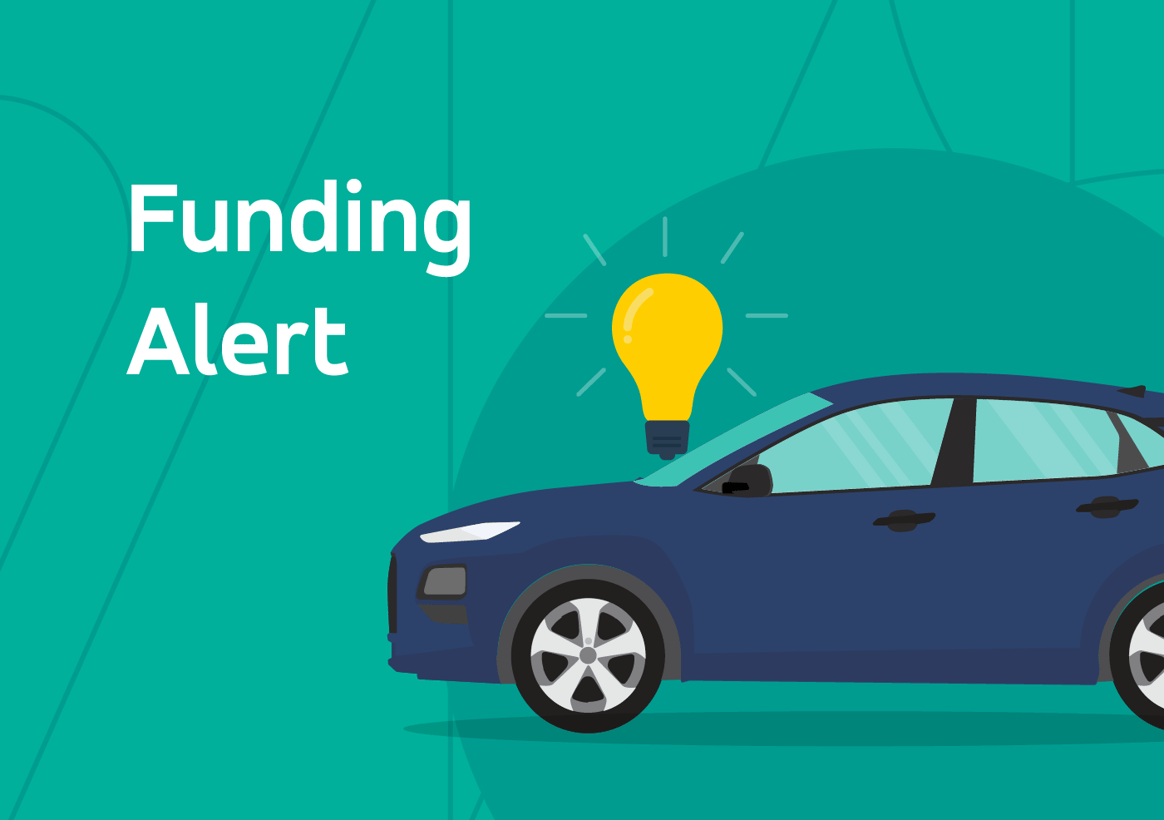Last year, the State of California issued an executive order that requires all new cars and passenger trucks sold in the state to be zero-emission vehicles by 2035. This mandate reflects the efforts of political leaders to transition the transportation sector away from fossil fuels. However, this shift has significant implications for our transportation infrastructure (roads, bridges, rail, etc), which is primarily funded through state and federal gas taxes.
Recognizing the funding challenge resulting from increased vehicle fuel efficiency and electrification efforts like those in California, the Federal Highway Administration (FHWA) launched the Surface Transportation System Funding Alternatives (STSFA) program in 2016. This program seeks to answer the question: “how do we pay for our transportation infrastructure when gas-powered vehicles are a thing of the past?” STSFA asks states or groups of states to test out user-based alternative revenue mechanisms that utilize a user fee structure to maintain the solvency of the Highway Trust Funding.
As states design such a program, FHWA asks them to consider the following issues:
- How to implement the system
- How the system will be interoperable across state borders
- How the public will accept the system
- How to protect personal privacy using technology
- How to manage equity, particular across income groups and people who are unbanked or lack access to technology
- How to minimize the cost of RUC data collection
- How to use the system to reduce congestion and minimize environmental impact
This year FWHA is providing $18M in total funding through the program and expects to issue 5-10 grants. In the past grant awards have ranged from $250k to $5.5M and require a 50% local match, which can be both in-kind and monetary. Remember that only state agencies or multi-state groups are eligible to apply.
At Via, we’re working on the technology behind user-based revenue mechanisms — also known as road use charging (RUC), mileage-based usage fees (MBUF) or fees on vehicle miles traveled (VMT). We have several partnerships where we’re testing this technology in the real world. In California, we’ve partnered with CalTrans to test the viability of road use charges in shared and autonomous vehicles. In Israel, we’ve partnered with the Ministry of Transportation on an incentive-based congestion management mobile app.
If you’re interested in working with us on an STSFA grant application, we’d love to chat! Please reach out to partnerships@ridewithvia.com.
See more alerts here and click the button below to receive our newsletter, with new funding alerts included every month.

.png?width=71&height=47&name=Sioux%20Falls%20Webinar%20(6).png)


